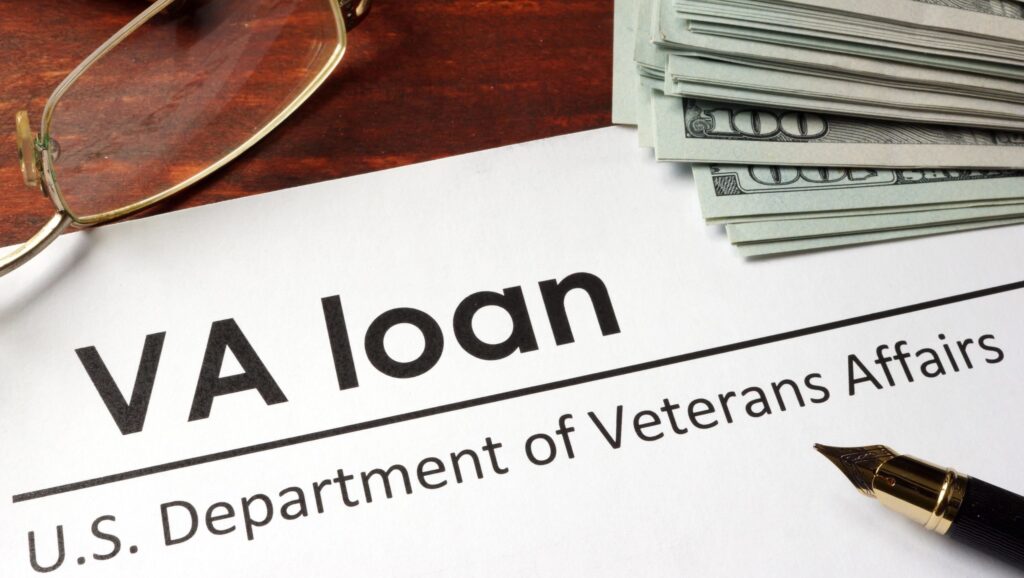
Purchasing a house entails thorough planning, major commitment, and requires you to prepare a huge amount of money in the process. Everyone knows that it is not an easy road to take, but it is also not impossible. You just have to know who and where to ask for help and expand your connections.
Opting for a mortgage loan, in this case, can help you buy your dream home. However, there are things you need to know and certain qualifications you have to comply with first before you can be eligible for a mortgage.
This article will walk you through everything you need to know about mortgage loans and what you need to do to qualify.
What is a Mortgage Loan?

To put it simply, a mortgage is a type of loan you apply for when you plan to buy and own a property or land. Before you begin home shopping, you must get pre-approved for a mortgage first so your sellers can know that you are able to obtain financing. It can also help you have an idea of how much you can afford based on your credit, income, and assets.
As a responsible home purchaser, you need to secure important documents like proof of assets, income information, employment verification, good credit, and various other information your lender might need to verify you as a qualified borrower.
Although all of these documents are equally necessary, one of the most important things you should look out for is your credit score. You can check many reputable sites like Crediful.com to be guided on how to deal with your credit score and ways on how to improve them to get that mortgage loan.
Meanwhile, you also have to get familiar with the different types of mortgage to help you know your options and decide what type would best suit you and your needs:
Federal Housing Administration Loans

These loans are backed by the Federal Housing Administration, a government agency that insures approved mortgage lenders if ever the borrower fails to pay in time, for additional information, visit supermoney.com. In other words, FHA loans present a lesser risk for lenders and also gives a great advantage for borrowers at the same time.
Since it is a government-backed loan, FHA loans aren’t as strict with their requirements compared to the other types. Generally, these loans allow people with bad credit scores to qualify for such loans.
Conventional Loans

Compared to FHA loans, conventional loans are not backed by any government agency, which means that the loans are provided by private lenders. Two types of conventional loans exist, namely conforming and non-conforming loans.
A conforming loan is a type of mortgage whose conditions must “conform” to the standardized rules and requirements set by the Federal National Mortgage Association and Federal Home Loan Mortgage Corporation, typically on financing limits and underwriting guidelines. They give more advantageous rates for borrowers.
Meanwhile, non-conforming loans (also known as jumbo loans) do not necessarily meet Fannie Mae and Freddie Mac’s funding criteria and have a larger amount of loan limit they can offer. However, this also entails higher interest rates, which made it less common than conforming ones.
Veterans Affairs (V.A.) Loans

VA loans have better terms and conditions for borrowers, such as low to no down payment, no mortgage insurance, no prepayment penalty charges, and has a limited closing cost. In several instances, assistance is also provided to help borrowers avoid default. However, to be a qualified borrower, you need to be an active-duty member, veteran, or a surviving spouse of veterans.
U.S. Department of Agriculture (USDA) Loans

USDA loans offer one of the lowest mortgage rates. Loan requirements depend on the buyer’s income eligibility and their property, where it must be in a qualified rural area.
FHA vs. Conventional: Advantages and Disadvantages

Although VA and USDA loans have the lowest mortgage rates available, they are only limited to a few qualified people like the veterans or only for an acceptable rural area. With this, it is no doubt that FHA and conventional loans are more widely accessed by the general population. These two types, however, have their share of advantages and disadvantages:
FHA Advantages
- Easier to apply for and get qualified because of their low down payment and credit score requirements
- Allows higher Debt-to-Income (DTI) Ratio
FHA Disadvantages
- Most likely requires you to have mortgage insurance
- Has higher housing standards and protocols
- Has higher interest rates
- Longer time to process
Conventional Advantages
- Has a higher loan limit you can borrow
- May not require mortgage insurance if you provide a 20% down payment
- Can have as low as 3% down payment
Conventional Disadvantages
- You need to have a solid credit score and little debt
- Requires lower DTI ratios
What Do I Have to Do to be Eligible for a Mortgage Loan?

Like what has been said previously, applying for a loan has certain requirements, and as a potential homebuyer, you must not overlook them. A part of the preparation process is to make sure that you have good credit. Otherwise, your lender might be skeptical about granting you a loan.
Mortgage underwriting is the process where your lenders evaluate your income, assets, and credit for them to assess if you are eligible enough for a mortgage loan. In this procedure, underwriters will check if you have:
- A reliable source of income
- Good to excellent credit score (at least 620 or higher)
- Relevant assets you can place as collateral
- Lower DTI ratio, 43% at most
Underwriting doesn’t stop there, though. Once you have found and are ready to buy and settle in the house of your dreams, you still have to undergo a home appraisal. This will let lenders know if your household budget is enough and you aren’t borrowing too much money you can afford. Furthermore, you need to secure a budget for a downpayment. Depending on the type of loan you apply for, you can have as low as 3% to as much as 20%.
Takeaway
True enough, applying for mortgage loans takes a lot of preparation, time, and money, but you don’t have to think much about it as long as you bring with you a basic knowledge about what to look out for when you apply for one. Once you qualify, you can rest assured that you are one step ahead towards achieving that dream home.








